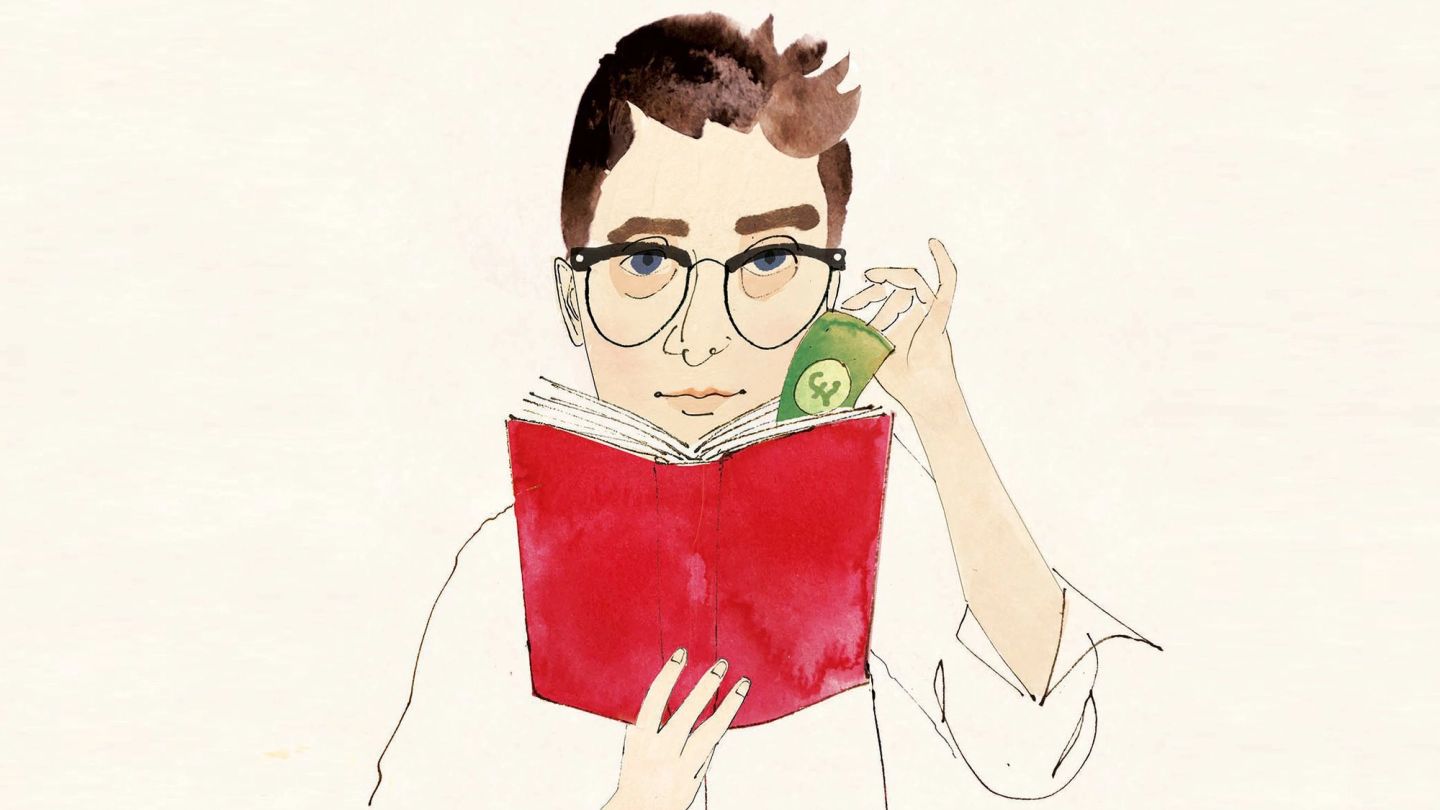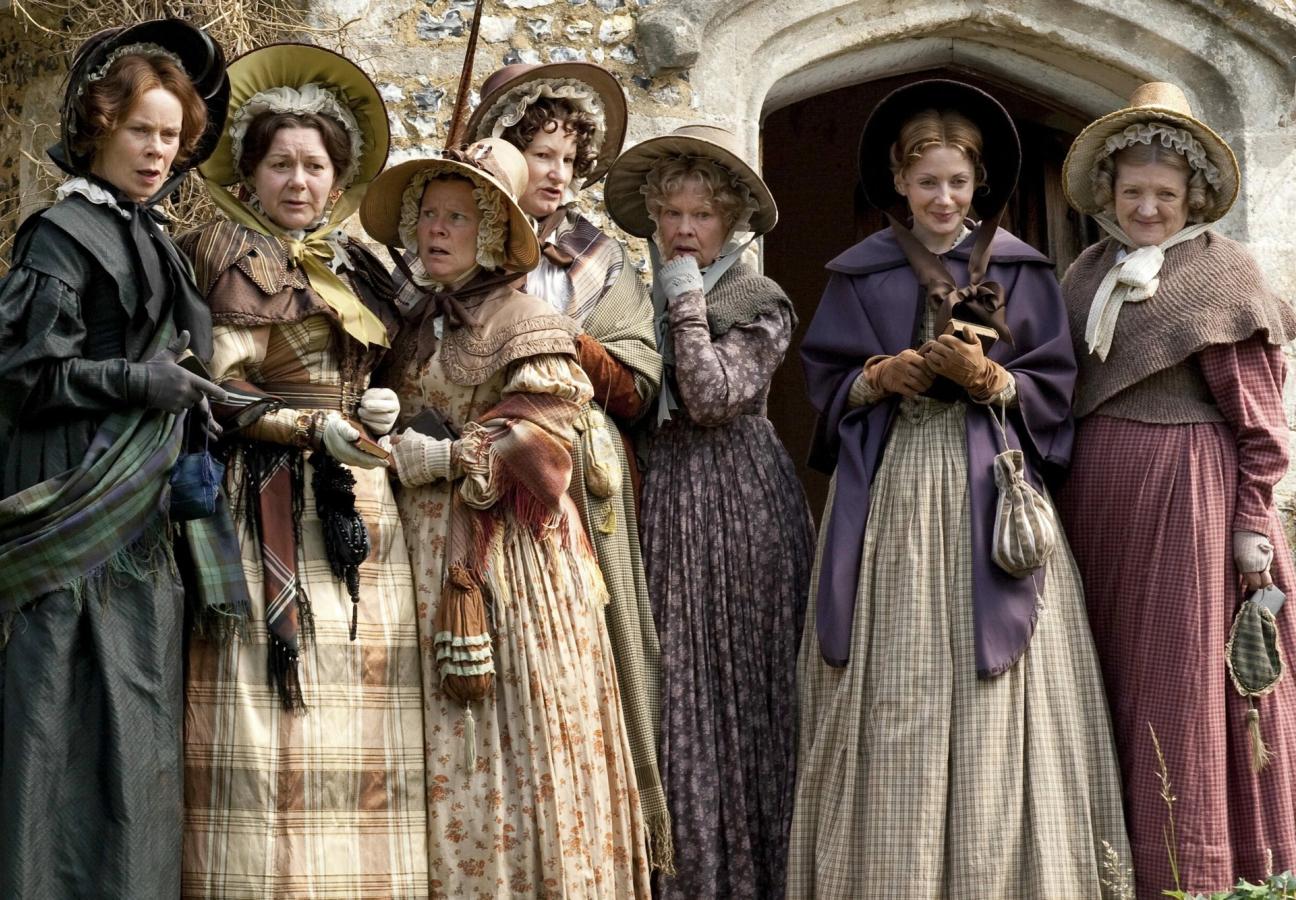

Read yourself rich: Sam Leith on literature’s great social climbers
From Vanity Fair’s Becky Sharp to the eponymous Great Gatsby, Sam Leith discusses the lessons we can learn from literature’s great fighters
- Words: Jonathan Wells
“The trouble with Michael is that he had to buy his own furniture” was the verdict — stinging to upper-class Englishmen; baffling to others — the late Tory MP Alan Clark recorded of Michael Heseltine. This is a lesson, no less than T S Eliot’s famous sneer at the “silk hat on a Bradford millionaire”, in the way in which riches alone can’t buy entry to a social class. There will always be someone — possibly a strait-laced New England intellectual; possibly a hard-up toff — to remind you that you are NQOCD, or Not Quite Our Class, Dear.
So literary history offers valuable help in the form of social climbers who not only know how to get the green stuff in the first place, but how to behave (and, perhaps more importantly, how not to behave) once you’ve got it. Vulgar ostentation or flash-for-cash are only the most obvious social markers that allow writers to apply a savoury dash of snobbery: there’s also the parvenu’s faltering attempt to acquire the trappings of an aristocratic education (Moliere’s “Bourgeois Gentilhomme” takes up fencing and philosophy and, famously, is delighted to discover that he’s been “speaking prose for 40 years without knowing it”); or the shibboleths of taste (Henry James’s The Spoils of Poynton turns on an elderly widow’s horror at the prospect of her son’s vulgar fiancee getting her mitts on her priceless objets d’art).
And a reflexive sort of snobbery – not of the high-born towards the bourgeois, but of the insecure bourgeois towards the lower-middle-class – is a noticeable engine of 19th century literature in particular. The critic D J Taylor has described as “one of the funniest scenes in the whole of early Victorian literature” the tea-party organised by Miss Betty Barker in Elizabeth Gaskell’s Cranford.

Its humour comes from the outrageous social climbing of its former lady’s maid hostess, who selects her guest list entirely according to social grandeur, and declares of one potential invitee: “I cannot think her fit society for such ladies as Mrs Jamieson and Miss Matilda Jenkyns”. Taylor notes: “Mrs Fitz-Adam’s crime is to be the daughter of a farmer named Hoggins.”
So, no Hogginses then. Yet a thread of tolerance and even admiration for the social climber – or, at least, the ambitious person making their way – is to be found throughout Western literature. In Chaucer’s Canterbury Tales, one of the most sympathetic characters is the well-heeled Franklin, whose hospitable table groans day-long with the finest bread and meat, whose cellar is second to none (“A bettre envyned man was nowher noon”) and whose cook catches it if his sauces aren’t just so.
"A thread of admiration for the social climber is to be found throughout Western literature..."
Introducing his own tale, the Franklin protests that he’s a simple man: “At my beginning first I you beseech/ Have me excused of my rude speech./ Unpolished I learned never rhetoric certain/ Thing that I speak, it must be bare and plain./ I slept never on the Mount of Parnasso,/ Nor learnèd Marcus Tullius Cicero.” (Chaucer being Chaucer, of course, the Franklin’s tale is full of accomplished rhetoric.)
Pretentiousness, in other words, may get you lampooned, but readers are encouraged to thrill to the self-made person, or the shameless and unapologetic social climber. We cheer, for instance, at the connivances and manipulations of Becky Sharp in Thackeray’s Vanity Fair and kinda root, too, for Daniel Defoe’s heroines Moll Flanders and Roxana as they make their rollercoaster way back and forth between penury and riches. Though, be it noted, those three novels are cheering ladies kicking ass, or selling it, in a patriarchal society.
And in American literature, where being self-made is less stigmatised, the climber finds a warmer welcome. There are few more celebrated novels of the parvenu than Scott Fitzgerald’s The Great Gatsby, whose titular hero buys — at least for a while — a place at the centre of a world of debutantes and Yale graduates with fabulous parties thrown with his ill-gotten loot. Gatsby doesn’t (spoiler alert) come to a good end.
But he is certainly a more attractive figure — a more romantic one, too — than his cruel and boorish old-money love-rival Tom Buchanan. Here, however pessimistic about the costs and penalties of social climbing, is a novel that in some sense sides with the climber (though it warns that you’re best off out of the game altogether: ignore that bit, fortune-hunters).
The final word on social climbing should, of course, go to no less an authority than Jeffrey Archer. His first novel, Not A Penny More, Not A Penny Less, has as its protagonist an exemplary self-made man. Harvey Metcalfe started out as a messenger-boy, and wheeled and dealed his way to a fortune. He scams a quartet of investors in his dodgy oil company out of a million pounds, and they set about conning the money back out of him – only for the oil company to come good in the end to the tune of… a million pounds! Thus showing – as Lord Archer knows – that if at first you don’t succeed, stay in the game.
Want more words of wisdom from our columnists? Hear what Taki has to say about the heyday of springtime Paris…


